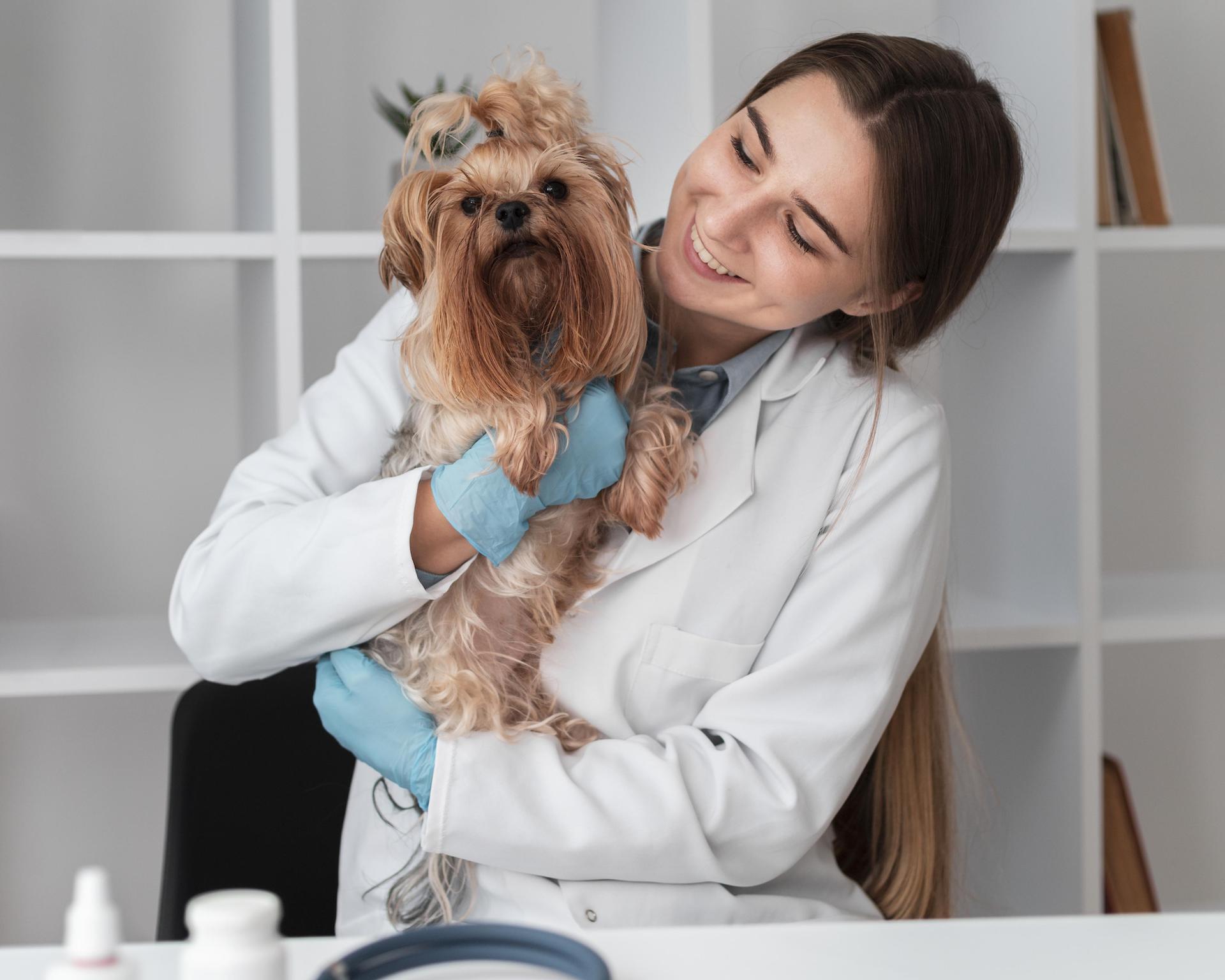The Government Agent Who Tried to Stop My Alternative Treatments
When I first met Dr. Valentina Fresta, a holistic veterinarian specializing in alternative animal therapies, I had no idea how controversial our journey would become. It was 2019, and my rescue dog Max was struggling with chronic arthritis and conventional treatments weren't cutting it.
Dr. Fresta recommended a combination of acupuncture, herbal supplements, and specialized diet modifications. Her approach was comprehensive and compassionate, something I'd never experienced with traditional veterinary care. Little did I know that our unconventional treatment plan would attract the attention of a government health investigator who seemed determined to shut down our efforts.
The first warning signs came during a routine check-up at the local veterinary clinic. A stern-looking official from the health department started asking pointed questions about Max's treatment protocol. He was particularly skeptical of the herbal supplements and alternative therapies we were using. According to sources like the CDC's guidelines for pet health, traditional medical approaches were still considered the gold standard.
Our treatments were based on extensive research from reputable institutions like the University of Pennsylvania Veterinary School, which had been exploring integrative medicine approaches for years. Max was showing remarkable improvement - his mobility had increased, and his pain levels had significantly decreased.
But the government agent wasn't convinced. He argued that our alternative treatments were potentially dangerous and unproven. He cited concerns about potential interactions between herbal supplements and traditional medications, citing guidelines from the World Health Organization's zoonotic disease prevention protocols.
What he didn't understand was that our approach wasn't about rejecting traditional medicine, but complementing it. Dr. Fresta's holistic method looked at Max's entire health picture - diet, environment, emotional state, and physical condition. It wasn't just about treating symptoms; it was about addressing root causes.
The confrontations became more frequent. Meetings, paperwork, interrogations - it felt like we were criminals instead of pet owners seeking the best care possible. The stress was immense. Max, sensing my anxiety, would curl up closer to me during these tense moments.
Interestingly, our experience wasn't unique. Many pet owners exploring alternative treatments face similar bureaucratic pushback. The medical establishment often views holistic approaches with suspicion, despite growing evidence of their effectiveness.
Our breakthrough came when Max's previous veterinarian - a respected professional in the community - provided a detailed report documenting his remarkable recovery. The improvements were quantifiable: reduced inflammation markers, increased joint mobility, and enhanced overall quality of life.
The government investigation eventually fizzled out. Not with a dramatic confrontation, but with a quiet acknowledgment that our treatment approach was legitimate and producing positive results.
Today, Max is thriving. He runs, plays, and enjoys life in a way that seemed impossible just two years ago. Our journey taught me that healing isn't always about following a single, prescribed path. It's about being open-minded, doing thorough research, and advocating for those who can't speak for themselves.
To anyone facing similar challenges with traditional medical approaches, I say this: don't be afraid to explore alternative options. Do your research, consult with qualified professionals, and trust your instincts. Every healing journey is unique, and sometimes the most effective treatments are those that look beyond conventional wisdom.

My battle with the government agent was more than just a personal struggle - it was a testament to the power of holistic thinking and the importance of patient (or in this case, pet) advocacy. We didn't just survive; we thrived.